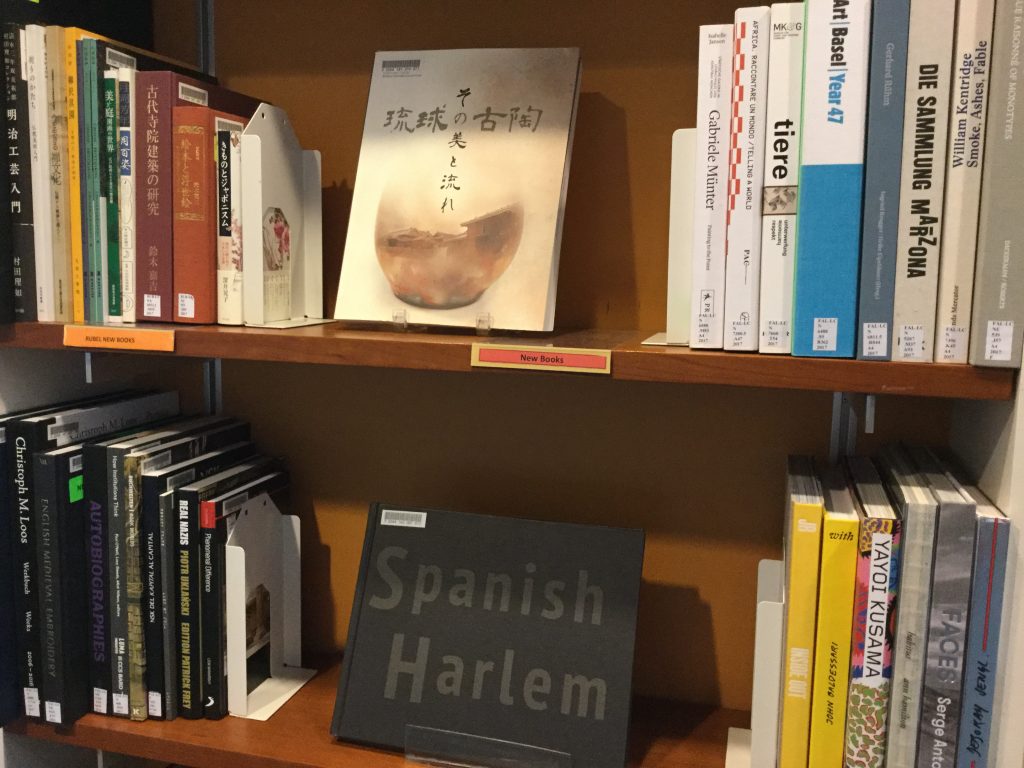View the profiles of people named Karolina Green. Join Facebook to connect with Karolina Green and others you may know. Facebook gives people the power. Jan 27, 2017 - The literary reputation of Karolina Pavlova (1807-1893) has fluctuated. Cornillon, Susan Koppelman (Bowling Green: Bowling Green. Iu, eds., Nashi, spisannye s natury russkimi [Moscow: Kniga, 1986], II: 75–76, 93–94).
All the books of The Twilight series by S. Meyer - were quite easy for reading. 'The Catcher In The Rye' J.D.Salinger - is highly recommended, you can pick up a lot of slang expressions from that, including swears, dirty words etc. Anthology 'Prom nights from Hell' by 5 young adult authors - was easy, but not worth reading. And a short story 'Table for two' by Cecilia Ahern - was also easy to read. And it's short, so go for it.!!! By the way, I'm looking forward to reading Internet Girls series (ttyl, ttfn,l8r, g8r, bff) by Lauren Myracle.
If anyone has the books mentioned (pdf or something) PLEASE let me know what they're like, and maybe you can share it:). Books I've read and found interesting for different reasons or just entertaining. The Final Diagnosis. In High Places. The Moneychangers. Castle and A. Flight into Danger.
Something Happened. The Holcroft Covenant. The Scorpio Illusion.
Missionary Stew. The Sicilian. All the King's Men. Cakes and Ale, or the Skeleton in the Cupboard.
The Painted Veil. Ashenden, the British Spy. Yupiter planetasi turali mlmet. The Moon and the Sixpence.

Mistral's Daughter. The Things They Carried. The Grapes of Wrath. The Dubious Battle. Bicentennial Man. Foundation and Earth. The Day of Triffids.
Childhood's End. The Hitch-Hiker's Guide to the Galaxy. Inside the Company: CIA diary. A Holiday of Murder. Death on the Nile. Professor Romeo.
Three Men in a Boat (To say nothing of the Dog). Killer's Wake. Ezkey ez 8000 smart office keyboard drivers. The Banker's Daughter.
The Collector. The French Lieutenant's Woman. Alise in Wonderland. Through the Looking-Glass. ========= Plus about 200 other fiction books, which I found less interesting to myself.
Plus over 30 textbooks for university students and professional books. Svetlana, mostly on computers and mobile communications, but usually they are not books, usually they are articles on the Internet. Also on some other engineering subjects. There were also books on economics in a certain period of my life (micro- and macroeconomics, management, marketing, ecomometrics, ecomomic risks, basics of finance, a couple of books on the basics of accounting, a book on the game theory in application to economics). And, of course, I read texts, which I translate for money. There were texts on metallurgy, electronics, space technologies and researches, chemical analysis, X-ray medical diagnostics, stamping technologies and equipment, paper-making technologies and others.
Victoriy, I do not think this is rude, because I have an option of not answering. I'll answer, but I will not give you the exact figures. I do not do translaitons on regular basis, and I do not advertise myself as a translator, therefore I do not have a price list.
Usually I receive requests to translate something from my acquaintances or acquaintances of my acquaintances. And this happens once or twice a year.
Anyway, I cannot do this more often. I keep an eye on current prices for translations in my city and charge slightly cheaper. I will only add, that usually here the volume of translation is evaluated on the basis of the 'standard sheet', which is 1860 symbols, including punctuation marks and spaces. Caluclation is done with the MS Word statistics option, on the basis of the source text, if it is available as a compatible file, or, if it is not, on the base of the translated text. ========= This is the last question about myself I answer in this topic.
I think we have deviated from the topic of this discussion thread, which is impolite to other participants. Of course, I do not count words, which I know. This is a statistical evaluation, and a rather approximate one. It is known that 850 most frequently used words (so-called Basic English vocabulary, developed by the US military) make about 50% of an average text. 2500 most frequently used words make about 80% of an average text, and this is already enough for understanding general meaning of the text.